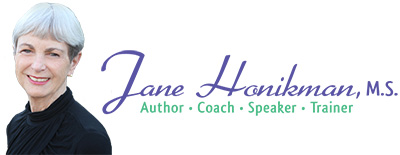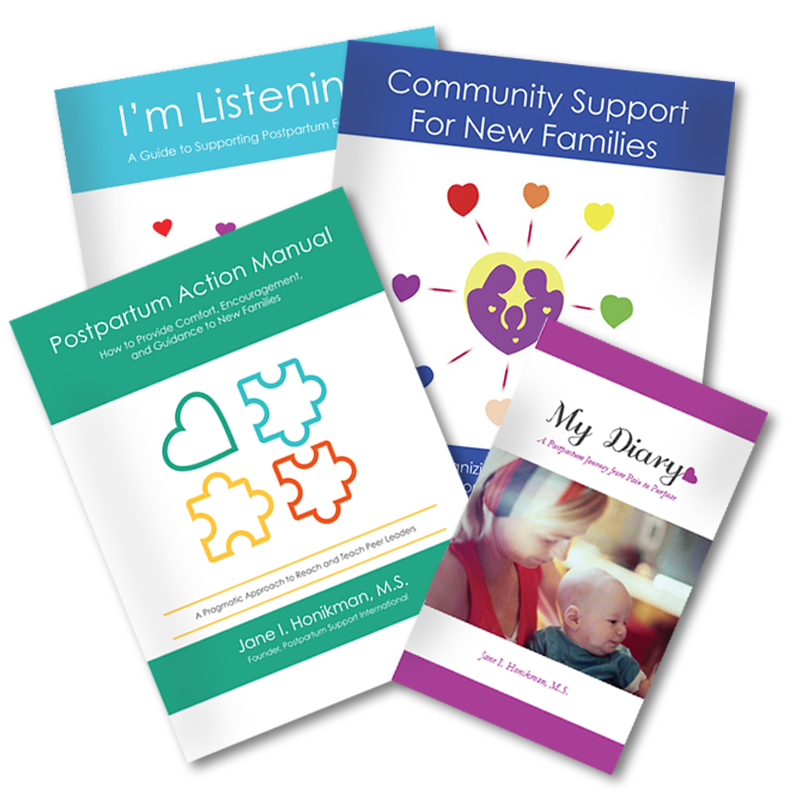There are three universal needs of childbearing women and men, no matter who they are or where they live.
First Need:
A companion or spokesperson through pregnancy, delivery, and the postpartum year
All new families deserve these fundamentals of care and concern, but these needs are frequently unmet. Unfulfilled expectations about being emotionally and physically supported can lead to stress and distress. As a support person listening to these concerns and answering questions, I have an opportunity to fulfill expectations and at least meet the first need. For my callers, I become their temporary companion and friend, albeit a long-distance and anonymous one. As part of the healing process they started with me, they must now find someone with whom they can develop a trusting relationship, such as the baby’s extended family; grandparents, a mother substitute, another family member (especially a sibling), or a friend.
Second Need:
Supportive and trained professionals
Often a woman’s midwife or obstetrician fills the second need, at least until the baby’s delivered. In the best cases, a new mother receives excellent care both physically and emotionally from this professional even after the baby arrives. This ideal situation is referred to as “continuity of care,” and is the key to providing optimum health services. I always ask my callers if they’ve told their professional caregiver how they’re feeling. I also like to find out if that professional has asked the caller how she’s doing, and if so, how did the doctor or midwife react to hearing that the patient had symptoms of PPD? Did the person offer her some literature, explain treatment options, or provide contacts for a local support organization? (See Chapter 4 for detailed instructions on referrals.)
After delivery, the pediatrician or family physician may be a parent’s main professional contact. The baby is usually the focus of attention, but I want to know if this professional also expresses interest in the parents. Has he or she asked how they are coping? Has the parent been able to discuss her or his concerns openly with the caregiver? The caller’s answers reveal a critical component of receiving prompt and appropriate assistance: all professionals must acknowledge that without healthy parents, there can’t be a healthy family!
Third Need:
A time and place to share pregnancy, birth, and postpartum experiences
Lastly, a new mother and father must be encouraged to speak about their pregnancy, birth, and postpartum experiences. This simple need is rarely met. In most communities, it’s difficult to find an appropriate forum for nonjudgmental listening and sharing. The transition to parenthood can isolate our families from one another. The majority of communities don’t offer the type of free, self-help services my friends and I established in Santa Barbara, California in 1977 (Postpartum Education for Parents, www.sbpep.org). However, in most towns and cities there are parent-education programs, crisis intervention teams, and a variety of family-oriented recreational activities.
Help is available on the Steps to Wellness page.


